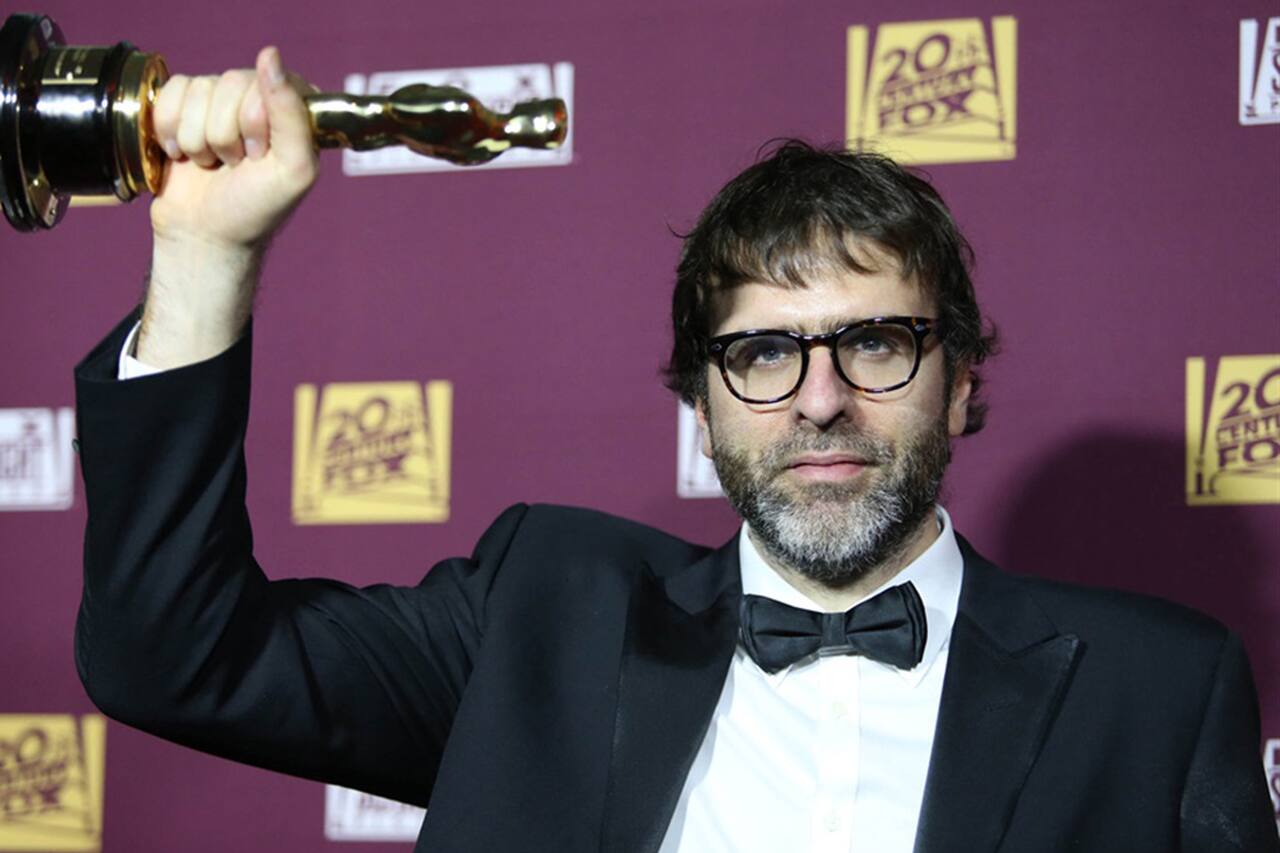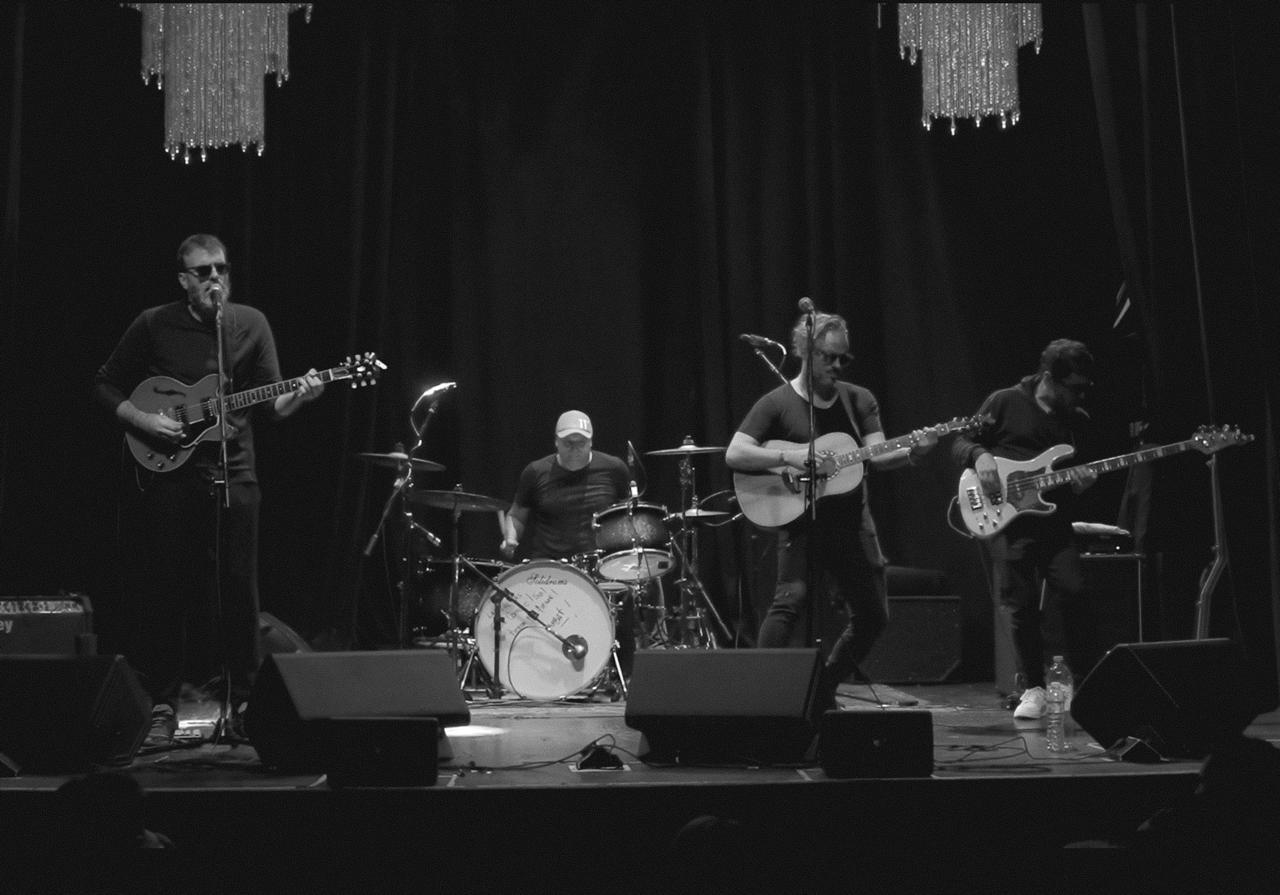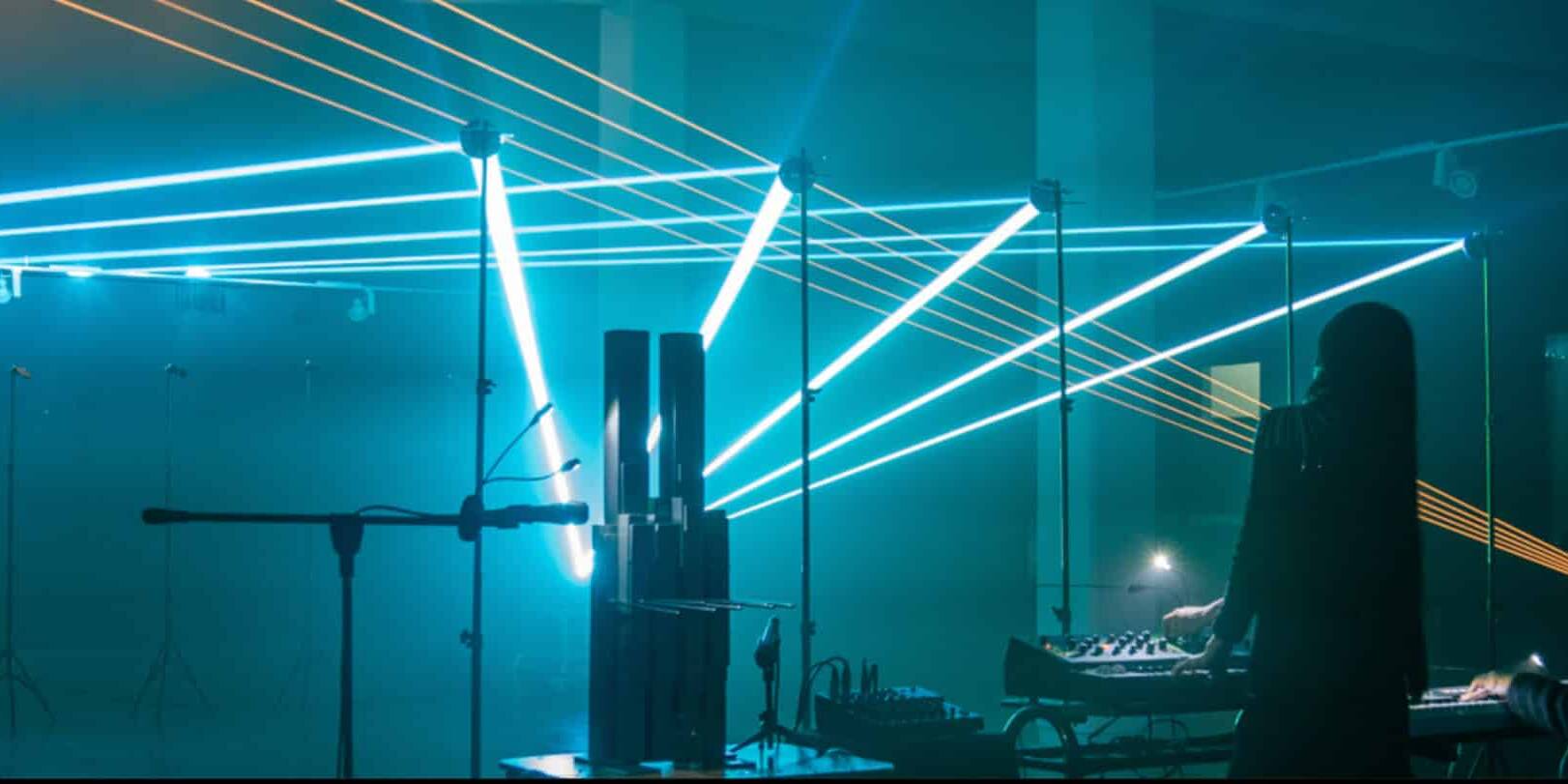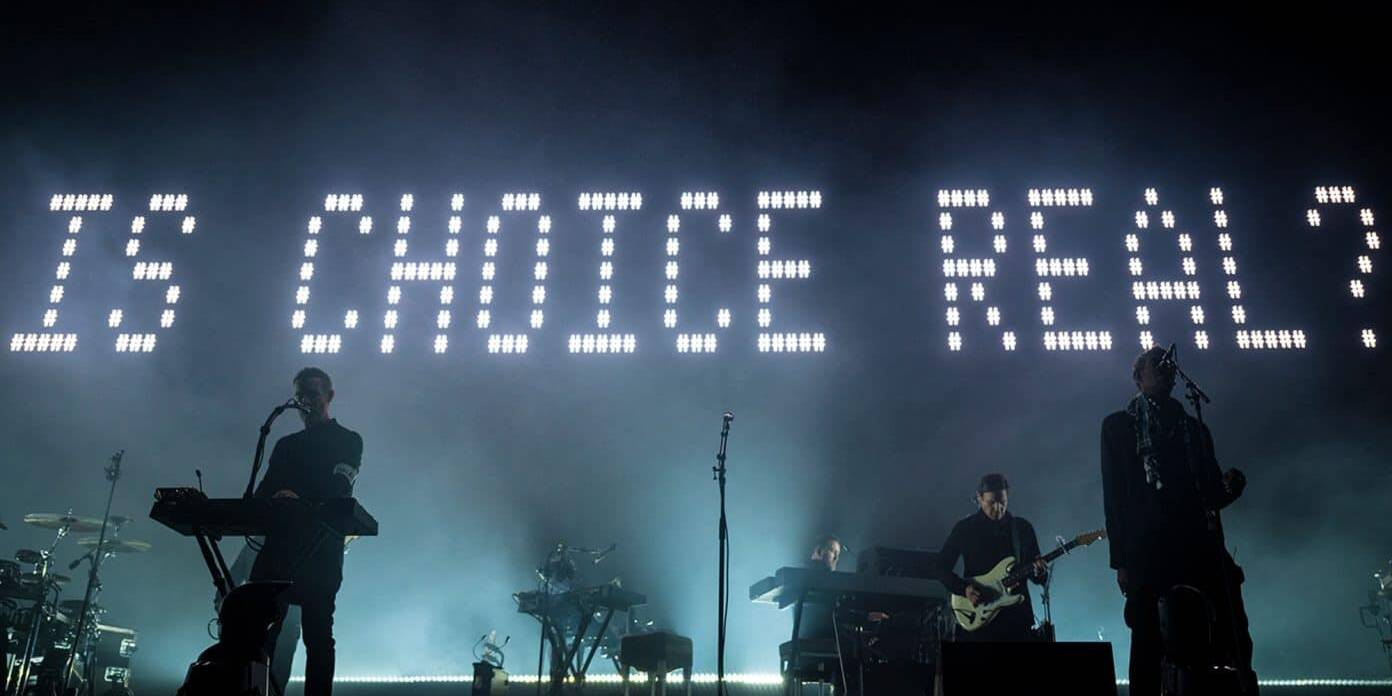“Music and literature are the two greatest arts for me. The two disciplines that allow for greater complexity, greater possibility for play.”
Nicolás Giacobone (Buenos Aires, 1975) is an Argentine writer, screenwriter and musician. He won the Oscar for Best Original Screenplayfor the film Birdmanat the 87th Academy Awardsin 2015, alongside director Alejandro González Iñárritu, his cousin Armando Bó and Alexander Dinelaris, Jr. The film also won a Golden Globe that same year for Best Screenplay.
In addition to working on the screenplays for Biutiful in 2010, El último Elvis in 2012, Birdman in 2014 and Animal in 2018, Nicolás also has a band called “The Black Barrels”. One of the few that compose music solely in English. In 2023, they released their album UNO, and on Saturday, March 15, they will present a preview of their next record, sharing the stage with Marcelo Torres, who was part of “Los Socios del Desierto,” the emblematic band of Spinetta. Tickets are available at this link.
We conducted a brief interview to learn more about his journey:

Coming from cinema and literature, how did music enter your life?
Music and literature are the two greatest arts for me. They are the two disciplines that allow for greater complexity, greater possibility for play, in which we can develop completely personal works. They are also the arts that achieve greater intimacy between the artist and others.
But you ended up leaning towards writing. Why?
When I finished high school, my first intention was to study music—ideally guitar and singing. But upon entering the music school, I felt humbled seeing ten-year-old boys and girls playing Bach with astonishing ease. That’s why I ended up choosing Literature and writing as what I might call “my professional discipline,” if that means anything. But I never abandoned music. I was part of different bands over the years: a hardcore group called “Angustiante Promedio del Descenso,” a pop trio called “Estado Galera,” and other attempts that fell by the wayside.

And now The Black Barrels. How did the band come about?
After living a few years in New York, upon returning to Buenos Aires, a childhood friend, Pierre Chacra, with whom I always used to get together to have some whiskies and play guitar and sing, had started rehearsing with other musicians. One of these musicians was Carlos Leiva, the bassist of The Black Barrels. I joined the rehearsals, and little by little, I brought some songs I had composed in New York with a ukulele. Pierre also had his own songs, and soon we had several original tracks to record an album. Then Fatiga Dacal joined on drums, and The Black Barrels was formed. Being part of a band again reminded me how much time is wasted when playing music with friends isn’t part of our daily lives.
Why in English?
Both Pierre and I lived several years in the United States, so singing in English comes naturally to us. It’s curious how, when singing, one even loses the marked accent we have when speaking. We were intrigued by the experimental idea of composing original music in English as Argentines, perhaps as a tribute to all those bands we used to listen to in the ’90s—the music we grew up with.
Which Argentine bands do you like the most?
The Argentine musician who stands above all is Spinetta, even above many of the great international musicians. That’s why it’s a luxury for us to share this date with Marcelo Torres, bassist of what was perhaps the most important band in Argentine music: Los Socios del Desierto.


